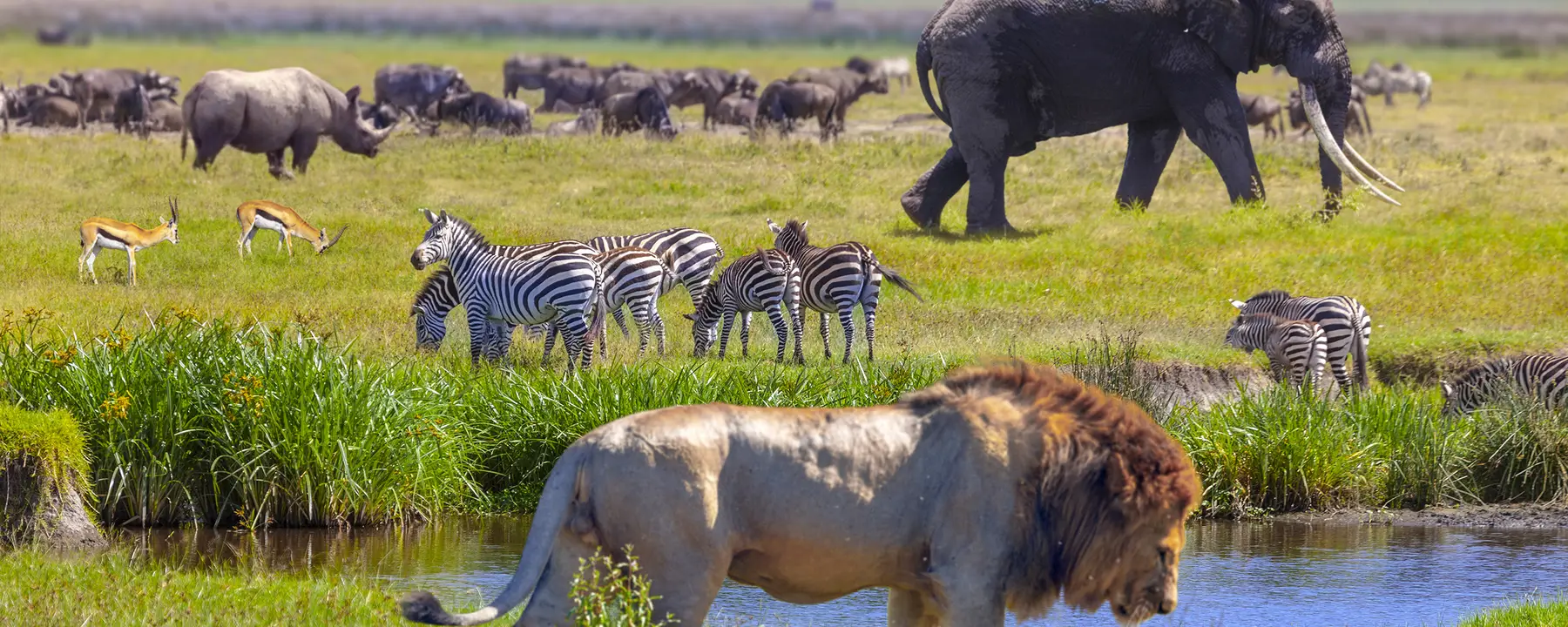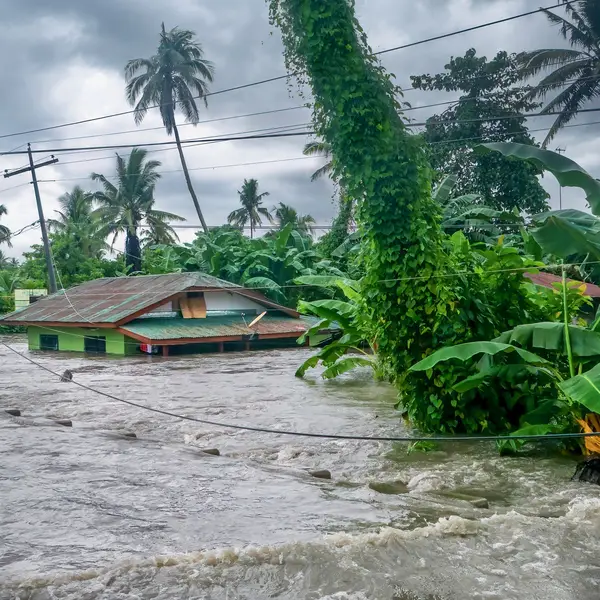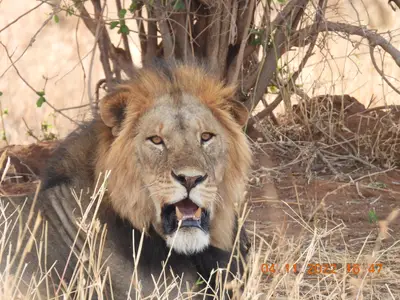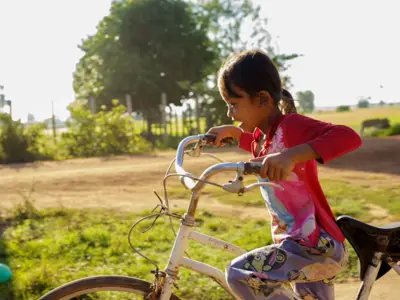Helping countries protect natural resources
RTI integrates scientific and technical approaches that protect biodiversity, combat wildlife crime, and ensure environmental stewardship.
Our Approach
We develop approaches that protect natural resources , promote private sector solutions, and support long-term economic growth.
As an independent scientific research institute that invests in self-funded research and development, we leverage scientific expertise from a range of disciplines within RTI and integrate this into our technical approaches to achieve better project results. As part of our commitment to improving the human condition, we invest strongly in local staff and partners, prioritize local ownership, and bring a wide network of stakeholders to the table.

















